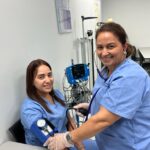 When you sign up for medical assistant programs in Miami, you might think of yourself in primary care. You’ll get patients checked in, help with routine appointments, and more. This doesn’t work for every medical assistant. While every primary care clinic can use medical assistants, the jobs can fill quickly if everyone is trying to get into the same area. Medical assistants can decide to work with specialists immediately or after they’ve been in the industry. With a market that’s always changing, medical assistants have to be dynamic.
When you sign up for medical assistant programs in Miami, you might think of yourself in primary care. You’ll get patients checked in, help with routine appointments, and more. This doesn’t work for every medical assistant. While every primary care clinic can use medical assistants, the jobs can fill quickly if everyone is trying to get into the same area. Medical assistants can decide to work with specialists immediately or after they’ve been in the industry. With a market that’s always changing, medical assistants have to be dynamic.
Medical assisting can be a step on the way to more training in the medical industry. Some go to medical school or choose nursing. Many of today’s medical assistants are staying in the market and working their way up. Depending on the clinic, medical assistants aren’t always supervised by nurses. More clinics and hospitals allow medical assistants to supervise other medical assistants. So you have the opportunity to do more.
The training most schools offer prepares students for many fields. It’s not just primary care clinics that employ medical assistants. Hospitals, long-term care facilities, and specialists all need qualified candidates. Plastic surgeons are no exception to this. What can medical assistants do for surgeons?
Master Key Roles in Medical Assistant Schools
 A plastic surgeon needs assistance to keep offices running smoothly. Plastic surgeons often work a steady daytime schedule. This means medical assistants also enjoy the same steady hours. Many of the everyday tasks are the same between offices. A plastic surgeon can afford to be pickier about who they hire. So they’re often willing to pay more. Depending on the clinic, medical assistants might also enjoy different advancement opportunities. What can you expect if you choose a plastic surgeon’s office after a medical assisting program?
A plastic surgeon needs assistance to keep offices running smoothly. Plastic surgeons often work a steady daytime schedule. This means medical assistants also enjoy the same steady hours. Many of the everyday tasks are the same between offices. A plastic surgeon can afford to be pickier about who they hire. So they’re often willing to pay more. Depending on the clinic, medical assistants might also enjoy different advancement opportunities. What can you expect if you choose a plastic surgeon’s office after a medical assisting program?
- Clerical and Reception Duties: Front desk duties are a critical part of any medical assisting career. Greeting patients and getting them started with any paperwork is one part. Scheduling, taking payments, and calling insurance companies are just as important. This keeps a clinic running efficiently. This also means using electronic filing systems and understanding privacy laws.
- Preoperative Duties: During any surgery, sterile equipment is essential. The proper procedures can prevent post-operative infections and serious complications. It’s up to medical assistants to sterilize all the equipment before procedures. An experienced medical assistant will also make sure the operating room is fully stocked and organized. This could also mean taking laboratory samples.
- Assisting During Surgery: Plastic surgeons have many people during any given surgery. Each plays a part in the process. Medical assistants can help with things like scar revisions, implants, and labia modifications. Medical assistants focus on keeping things sterile and safe during surgery.
- Post-Op Care: Once the surgery is complete, medical assistants help with the clean-up. This means properly disposing of contaminated supplies and sterilizing the instruments. A medical assistant also changes dressings, inspects incisions, and removes stitches as needed. A medical assistant also discusses aftercare with patients.
If you master these skills, you can expect a strong salary. Between 2016 and 2026, the US Bureau of Labor Statistics estimates the industry will see a 29% growth. That means more jobs with plastic surgeons and greater job security.
How Can You Become a Medical Assistant?
If you’re ready to start a new career, the first step is getting your high school diploma. If you haven’t graduated, you can explore online high school. Putting focus into math and science can help. Once you graduate, you can find a medical assisting training program in Florida like FVI. Always look for an accredited school. This way, you can make sure you’re getting the training that will prepare you for licensing exams and the market. Many programs can be completed in about a year when you’re attending full-time. FVI’s program takes only 9 months. We have two campuses in southern Florida. Choose to enroll in our medical assistant school in Miami, FL or our medical assistant school in Miramar, FL. Once you graduate, it’s up to you to decide where you want to go. You can build connections with local plastic surgeons while you’re still in school. If you don’t, you’ll need to network later on.
Medical assistants can search job postings. Many start with primary care clinics to get experience. Then they work their way up. As you build your resume, you’ll enjoy many other opportunities. Contact FVI for more information about your healthcare career options and if medical assisting is right for you.









